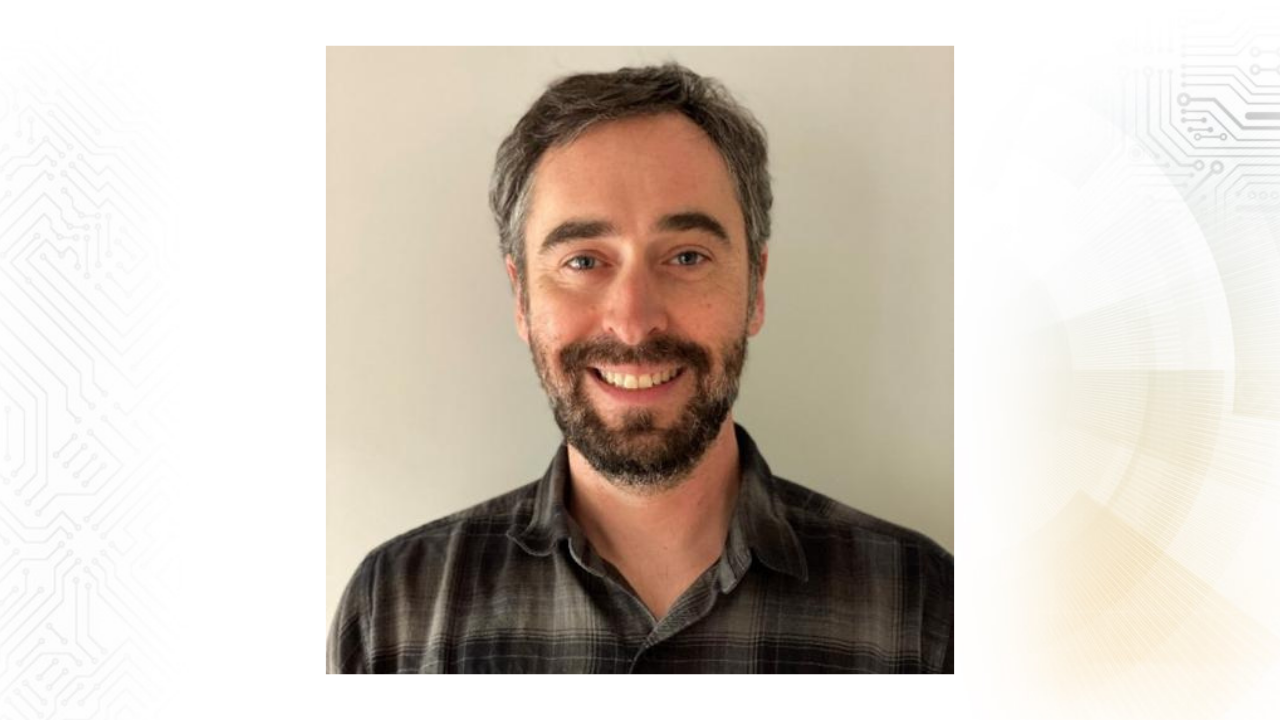
Biography: Nathaniel J. Guilar, M.S. '05, Ph.D. '08
Nathaniel J. Guilar
Integrated Circuit Researcher, Keysight Laboratories
M.S. Electrical and Computer Engineering, '05, Ph.D. Electrical and Computer Engineering, '08
Nathaniel J. Guilar is an integrated circuit researcher with Keysight Laboratories in Santa Clara, CA, where he is currently helping to lead a team working on the design of high-speed data converters and frequency synthesizers. His work contributions include the 10b Analog to Digital Converter integrated circuit used in the Keysight Technologies UXR Real Time Oscilloscope, which supports an aggregate sample rate of 256GS/s and 110GHz of analog bandwidth.
Prior to working for Keysight Technologies, Nathaniel received a B.S. degree from Suffolk University, Boston, MA, in 2002, and M.S. and Ph.D. degrees from UC Davis in 2005 and 2008, respectively. After graduating from UC Davis, he joined Agilent Laboratories at the Mixed-Signal Electronics Department. His research interests include mixed-signal control systems, energy harvesting devices and analog circuit design. While attending UC Davis, Dr. Guilar received the Accel Partners Fellowship, the GAANN Fellowship, the Analog Devices Outstanding Student Designer Award, and the Zuhair A. Munir Award for the Best Doctoral Dissertation in Engineering.
We took a moment to chat with Nathaniel to learn more about what technology excites him, and also to reflect on his biggest influences when he was a UC Davis student.
What research or technology are you most excited about right now, and why?
I continue to be excited about the roots of electrical engineering including analog and mixed signal circuit design. Specifically, switched capacitor circuits used to sample analog signals in integrated circuits. It still feels like magic when the integrated circuit comes back from fabrication and turns on with the expected behavior.
How did your time at UC Davis impact you and/or prepare you for your career?
My time at UC Davis provided me with ample knowledge and a wide range of interpersonal relationships. The course work taught me not only theoretical fundamentals, but also real-world practical skills. I am still thankful for the lifelong friends who I met at UC Davis both in my cohort and research groups.
Did you have a favorite course or instructor at UC Davis?
My favorite course that I took was EEC 212 – Analog MOS IC Design for Signal Processing, which was instructed by Professor Paul Hurst. I felt like this course taught me many analysis and design techniques that I still use daily in my work. The notes I took in EEC 212 and numerous other courses continue to be valuable many years later. My favorite course to be a teaching assistant was for EEC 112 – Communication Electronics, which was instructed by Professor Stephen H. Lewis. Being a lab TA for ECE 112 was valuable in giving me hands-on experience with electronic measurement equipment and hardware debug.
What advice would you give to young people are currently seeking a degree in electrical and computer engineering?
A wise man once told me that while at the university you are effectively working for yourself, and the energy you put into your work will directly improve your own intellect and understanding of the world. After graduation from the electrical and computer engineering department at UC Davis you should have abundant opportunities for good jobs with high earning potential, but at these jobs you will be working for a company or institution and not for yourself. My advice is to work hard for yourself, but above all else enjoy your time at the University.
